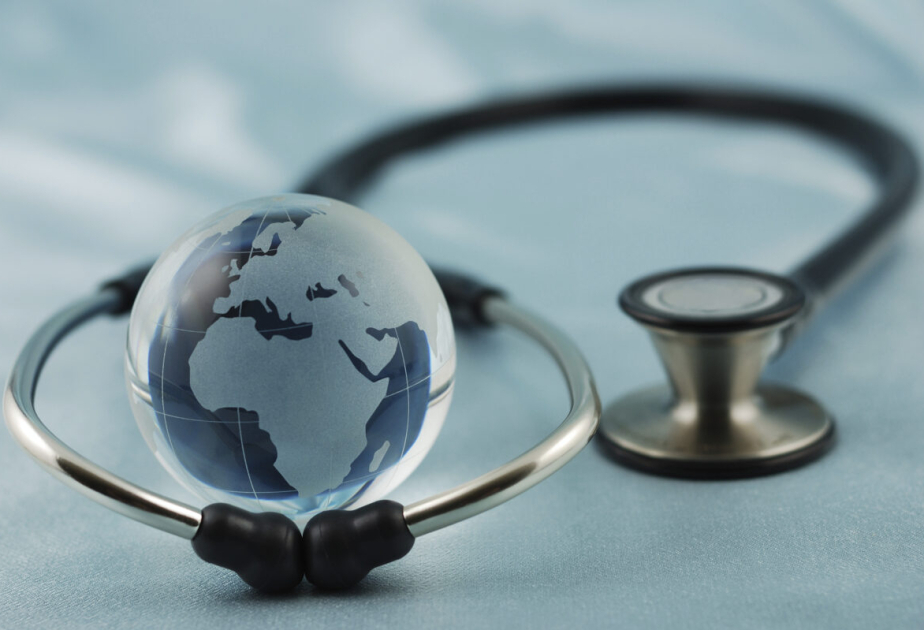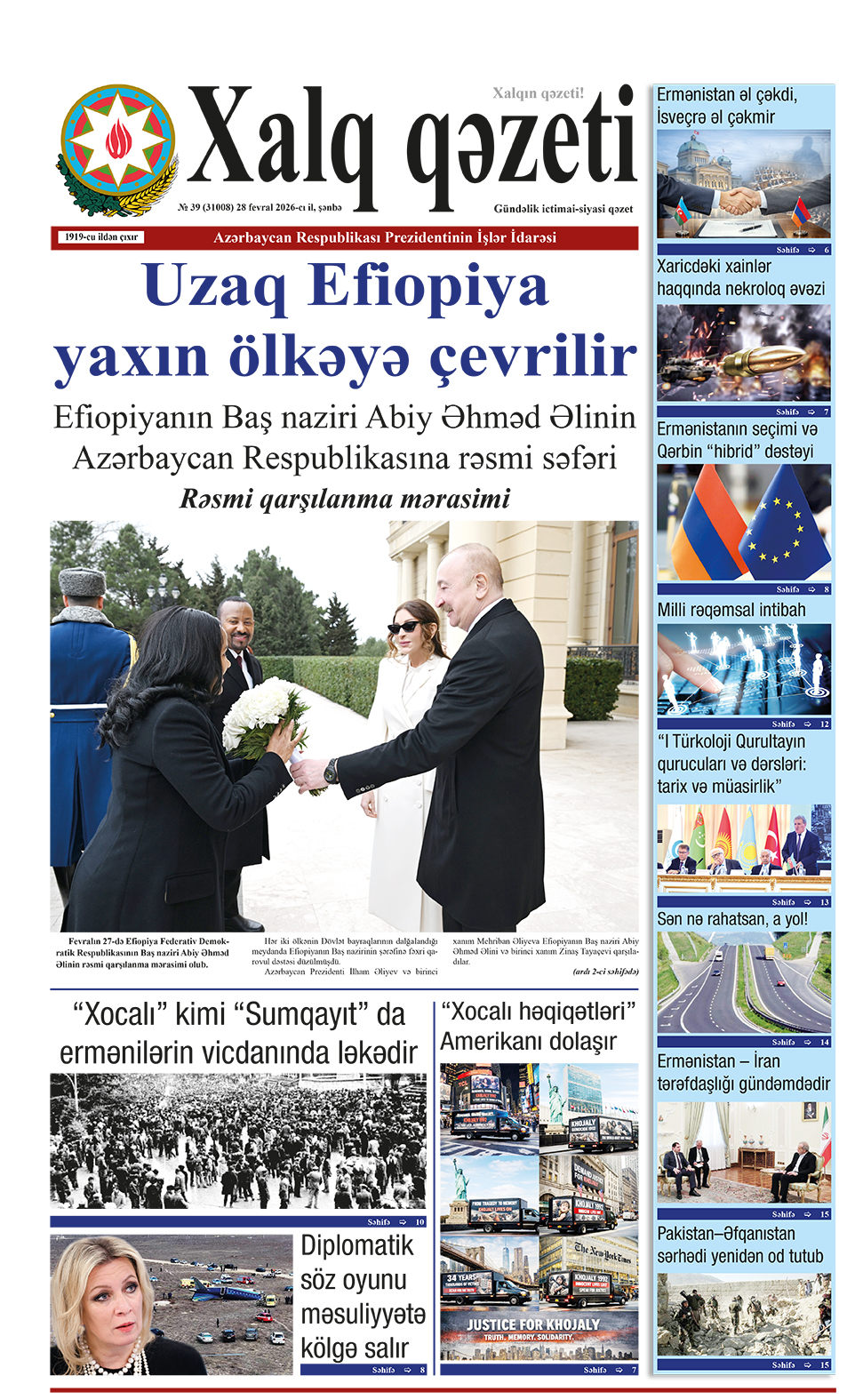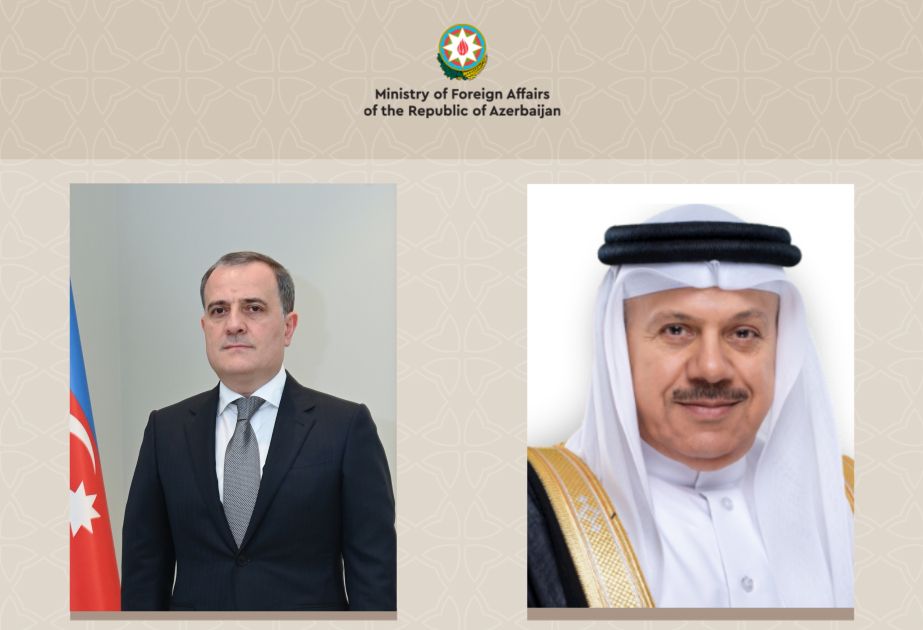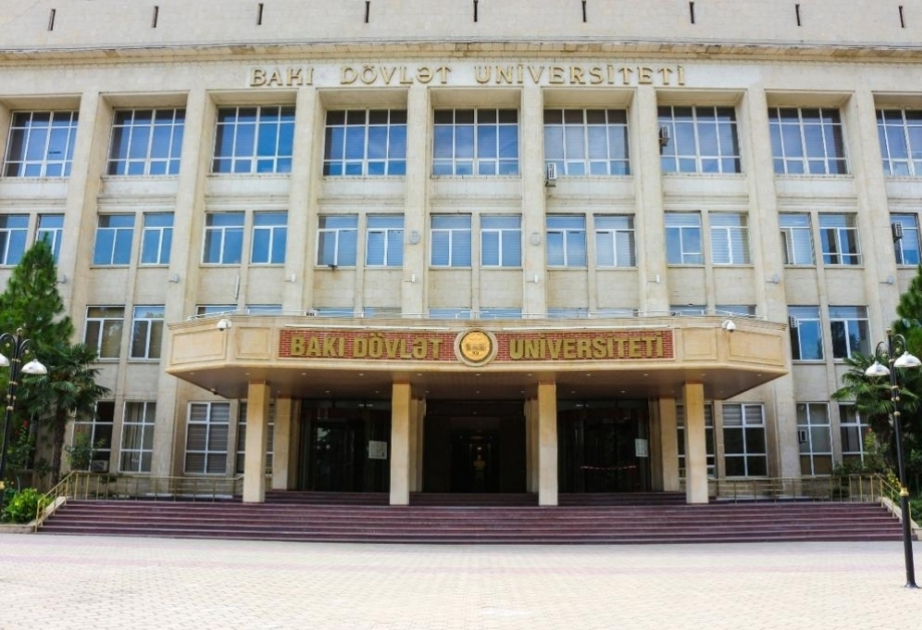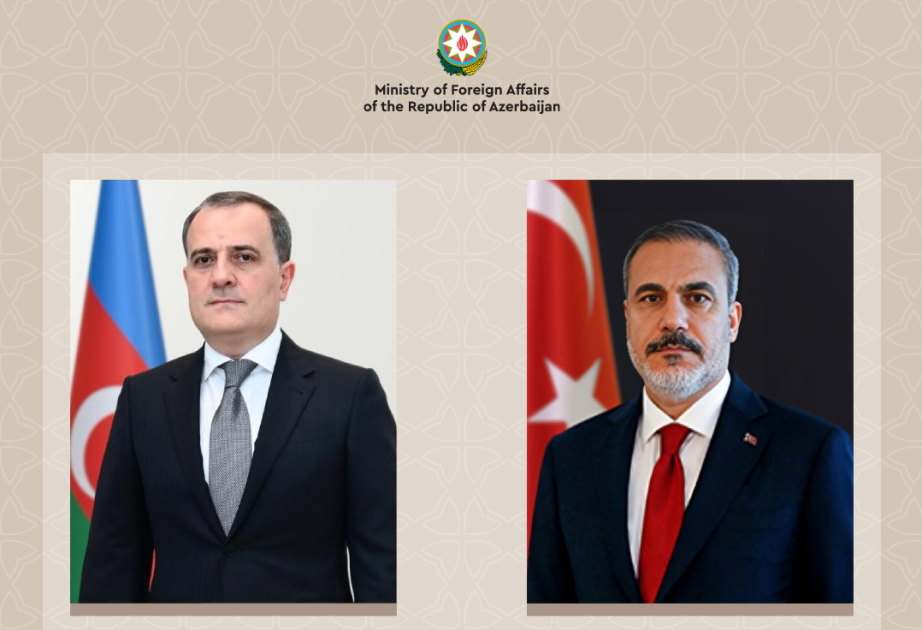On 12 December 2012, the United Nations General Assembly endorsed a resolution urging countries to accelerate progress toward universal health coverage (UHC) – the idea that everyone, everywhere should have access to quality, affordable health care, according to UN.
On 12 December 2017, the United Nations proclaimed 12 December as International Universal Health Coverage Day (UHC Day) by resolution 72/138.
International Universal Health Coverage Day aims to raise awareness of the need for strong and resilient health systems and universal health coverage with multi-stakeholder partners. Each year on 12 December, UHC advocates raise their voices to share the stories of the millions of people still waiting for health, champion what we have achieved so far, call on leaders to make bigger and smarter investments in health, and encourage diverse groups to make commitments to help move the world closer to UHC by 2030.
The COVID-19 pandemic has again shown us that UHC and health security are intertwined goals to protect everyone, everywhere, that we achieve through the same health system – in crisis and calm. For health systems to work, they must work for everyone – no matter who they are, where they live, or how much money they have. Equitable health coverage puts women, children, adolescents, and the most vulnerable first because they face the most significant barriers to essential care.
UHC means that everyone, everywhere, can access to the health services they need without risk of financial hardship. It is embedded in the Sustainable Development Goals (SDG target 3.8) and includes the full range of essential health services, spanning health promotion, prevention, and treatment.
The three dimensions of UHC are population coverage (who receives services, linked to equity), service coverage (what health services are available), and financial protection (ensuring health services do not lead to financial hardship). UHC is based on the principles of equity, non-discrimination and the right to health, ensuring that the most marginalized populations are reached and covered, and no-one is left behind.


